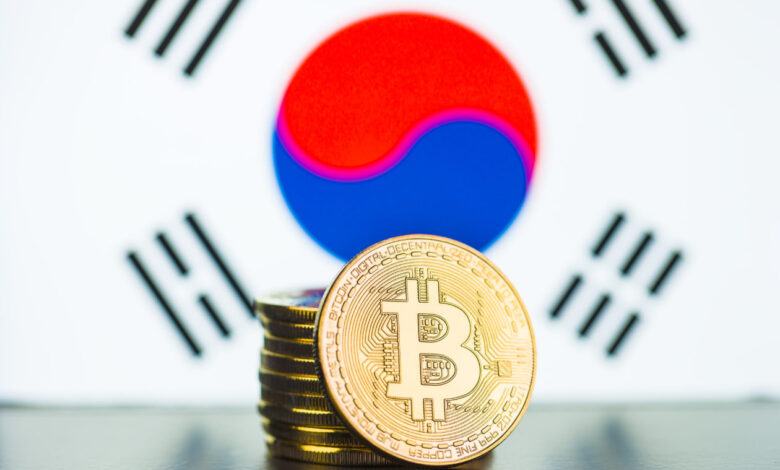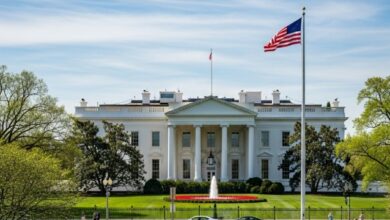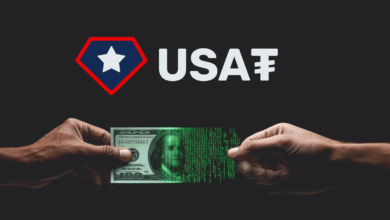Is South Korea Shifting Its Crypto Policy? Caution Meets Gradual Reform

South Korea’s approach to digital assets appears caught between progressive reform and entrenched caution, as two seemingly contradictory regulatory updates emerged in recent weeks. While the country’s Financial Services Commission (FSC) announced its intent to lift a long-standing institutional crypto trading ban, a new report by the Korean Herald reveals that the Financial Supervisory Service (FSS) has verbally warned asset managers to curb exposure to U.S.-listed crypto-related firms and ETFs.
Verbal Warning to Asset Managers
According to the Korean Herald, the FSS recently issued an informal directive to several local asset managers, advising them to reduce exposure to digital asset firms such as Coinbase (COIN) and Michael Saylor’s MicroStrategy (MSTR). The caution stems from South Korea’s 2017 policy, which prohibits financial institutions from directly holding or purchasing equity stakes in digital asset companies.
The FSS reportedly reiterated that despite shifts in the regulatory landscape both domestically and in the U.S., institutions must continue complying with current guidelines unless formally updated. This stance has raised eyebrows, especially as it appears to conflict with recent announcements from the FSC aimed at liberalizing crypto access for institutions.
Institutional Ban Set to Be Lifted
Just weeks prior, the FSC unveiled a major policy shift that would reverse the 2017 restrictions on institutional crypto trading. In its announcement, the regulator said the ban had originally been imposed to combat market speculation and concerns over illicit activity, but that changing market dynamics and increasing demand for blockchain engagement from local firms now warranted a new approach.
The revised framework is set to roll out in stages throughout the year. In the first half of 2025, non-profits such as charities, educational institutions, and law enforcement agencies will be permitted to sell their crypto holdings. By the second half of the year, listed corporations and professional investors will be able to actively trade digital assets—bringing South Korea more in line with global standards.
The regulator said these steps were made possible due to the enforcement of the Virtual Asset User Protection Act, which established clearer protections and oversight for crypto participants. “Major countries overseas are broadly allowing corporations to participate in the market, and the market environment is changing,” the FSC noted.
A Policy Crossroads?
The contrasting messages from the FSS and FSC suggest South Korea’s financial authorities may be at a policy crossroads. While one arm of the government is setting the stage for broader institutional engagement with crypto, another appears hesitant, signaling that exposure to key global crypto firms should still be approached with caution.
This disconnect could be the result of transitional friction — with older rules still being informally enforced until formal regulatory updates are finalized. But it may also reflect deeper internal divisions over how far and how fast to integrate digital assets into the financial mainstream, especially when that integration involves foreign vehicles like U.S.-listed ETFs and crypto stocks.
The coming months will show whether South Korea is truly shifting course — or simply testing the waters with one foot still on the brake.





